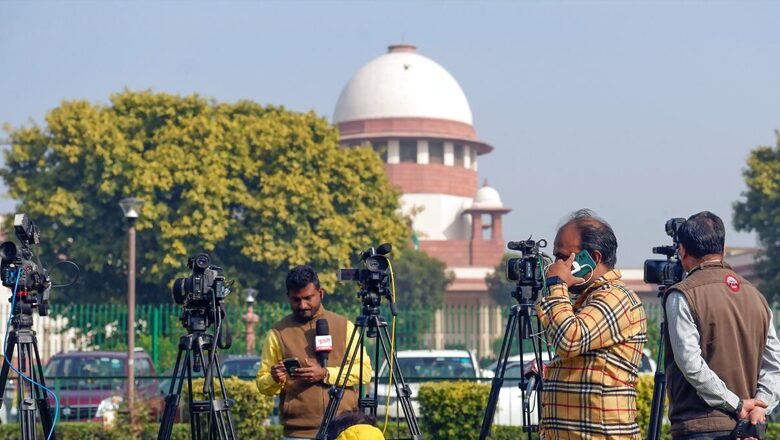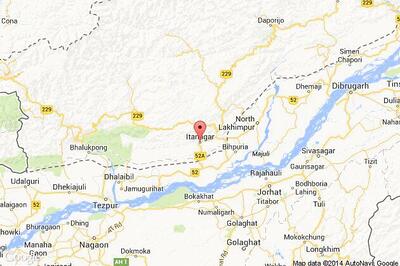
views
The Supreme Court recently said that setting a person on fire is an act of extreme cruelty as it rejected a man’s plea to convert his conviction from murder to a less stringent offence of culpable homicide not amounting to murder.
He claimed he had no intention to kill his wife as he tried to save her by pouring water to extinguish the fire ignited after he put kerosene oil upon her.
A bench of Justices Bela M Trivedi and Ujjal Bhuyan dismissed a criminal appeal filed by one Naresh against the Delhi High Court’s decision which had confirmed the judgment and order passed by the Sessions Court, Delhi, convicting him for the offence under Section 302 IPC and sentenced him to undergo life imprisonment.
“In our considered opinion, setting a person on fire is an act of extreme cruelty and would fall under Section 302 IPC. Hence, we find no illegality or infirmity in the judgments and orders passed by the Sessions Court or the High Court,” the bench said.
His counsel submitted that there was no intention on his part to kill his wife. He further said that after pouring kerosene oil on his wife, the appellant tried to extinguish the fire by pouring a bucket of water over her and hence, the case of the appellant would fall under Part I of Section 304 and not under Section 302 IPC. He also relied upon the dying declaration of the deceased.
The amicus curiae, on the contrary, contended the guilt of the appellant-accused had been proved beyond reasonable doubt and the concurrent finding of facts recorded by the two courts need not be interfered with.
After hearing the parties and perusing the material placed on record, the bench rejected the contention made by the appellant.
“We find no merit in the submission for the appellant that the case of the appellant would fall under Section 304 Part-I and not under Section 302 IPC, for the simple reason that neither such a plea was taken by the appellant in his defence during the course of trial nor such a contention was raised by him at the time of recording of his statement under Section 313 CrPC,” the bench said.
The court directed the appellant to surrender before the jail authorities concerned within four weeks.
The appellant was granted bail on April 2, 2012, and his sentence was suspended as he had by then undergone nearly 12 years of imprisonment.




















Comments
0 comment